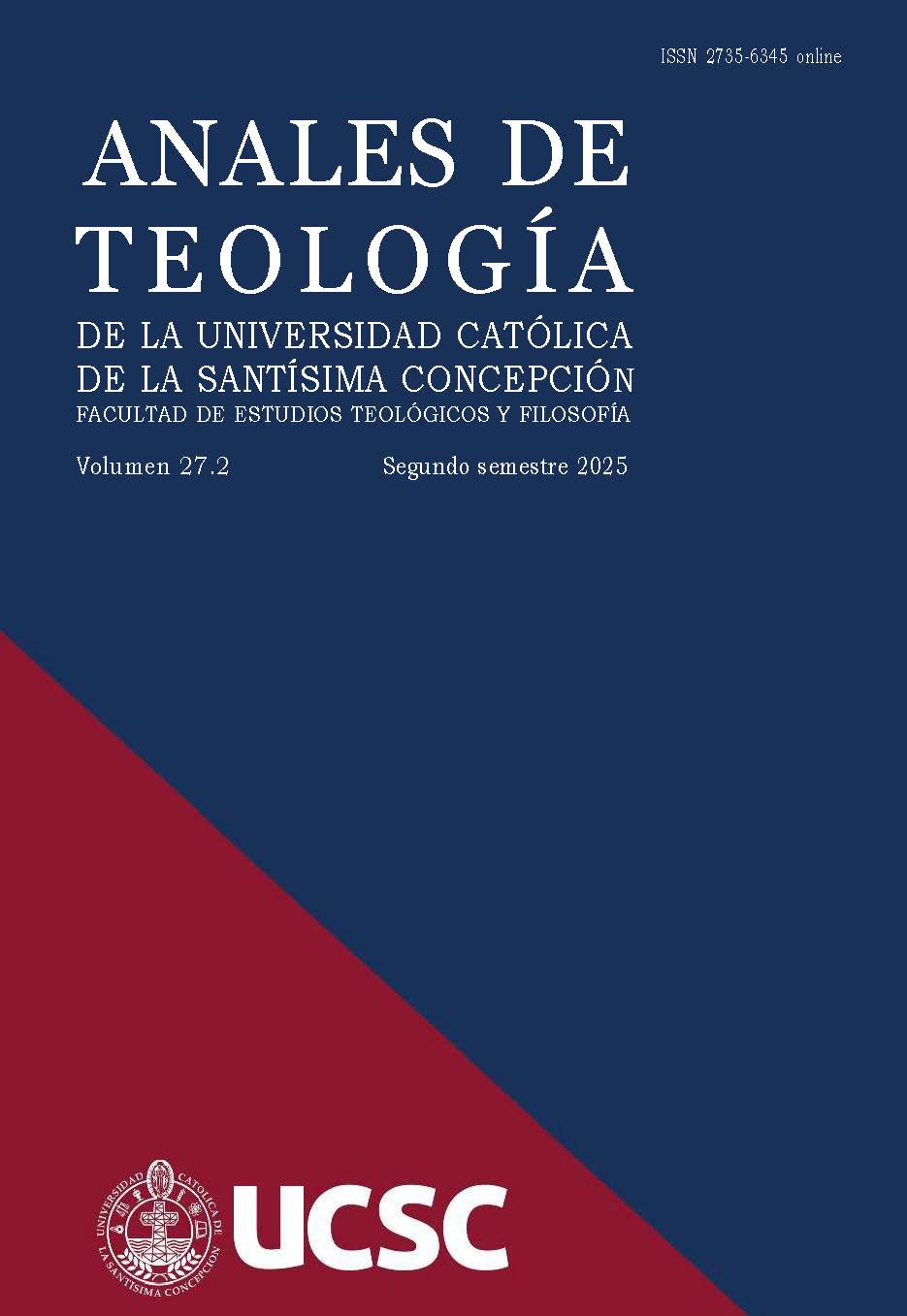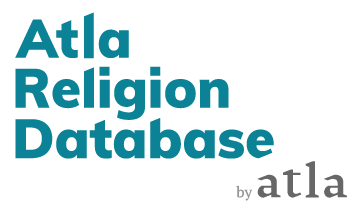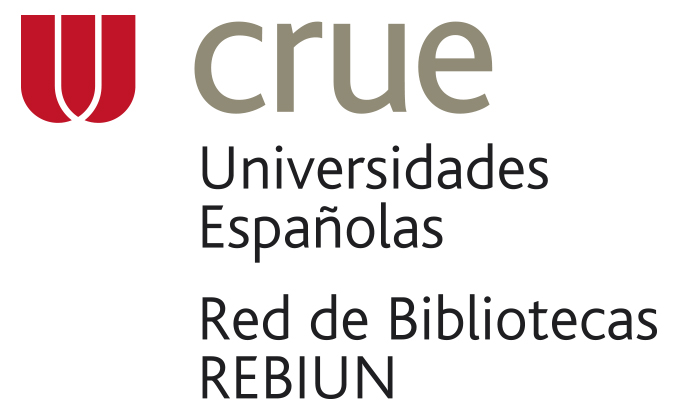Una interpretación alternativa de Génesis 1:28 en la Biblia asante-twi
DOI:
https://doi.org/10.21703/2735-6345202527012772Palabras clave:
Genesis, bendición, ser fructífero, someter, Biblia Asante-TwiResumen
El objetivo de la crítica textual no es recuperar «el texto», sino adentrarse en el contexto del autor y el público originales, con el fin de determinar cuál pudo haber sido la intención del autor y la comprensión del público, y presentar así un texto mejorado. Esto se logra mediante el análisis científico y los esfuerzos exegéticos. Este artículo presenta un informe sobre un estudio exegético de la traducción de Génesis 1:28 en las Biblias en lengua asante-twi. Los resultados indican que palabras clave como bārāk, pārāh, kāḇaš y rāḏāh, que no se han traducido adecuadamente, pueden traducirse mejor. Como resultado, tras realizar un análisis contextual, textual, semántico y morfosintáctico del texto original y compararlo con el texto de destino, se ha propuesto una traducción alternativa del texto para los traductores y lectores de asante-twi.
Descargas
Referencias
ANDERSON, B. W. The Living World of the Old Testament Harlow: Longman, 1988.
ANTWI, E.K.E. “Sources, Formation and Socio-Historical Context of the Joseph Narrative: Re-Examined
under the Documentary Hypothesis.” OTE 29/2(2016): 259-276. DOI: https://doi.org/10.17159/2312-3621/2016/v29n2a3
BABAWALE, S. T and N. O. SHOGUNLE. “Man and Environment: Exegesis of Genesis 1:26-28 in Nigerian Context.” SMCC Higher Education Research Journal, 7(2020). DOI: https://doi.org/10.18868/sherj7j.07.010120.14
BANGSUND, C. J. You Can Read Biblical Hebrew: Simple Lessons and a Basic Dictionary. Tanzania: Research Institute of Makumira University College, 2015.
BROWN, D. B. A Hebrew-English Lexicon of the Old Testament, Unabridged, 1905.
BRUEGGEMANN, W. Genesis: A Bible Commentary for Teaching and Preaching. Atlanta: John Knox Press,
1982.
CANDLISH, R. S. Studies in Genesis. Michigan: Kregel Publications, 1979.
CASSUTO, U. A Commentary on the Book of Genesis. Israel Abrahams, trans. Jerusalem: The Hebrew University, Magnes Press, 1989.
DYRNESS, W. Themes in Old Testament Theology. Downers Grove, Illinois, USA: Inter-Varsity Press, 1977.
EKEM, J. D. K. “Early Translators and Interpreters of the Judeo-Christian Scriptures on the Gold Coast
(Ghana): Two Case Studies.” Journal of African Christian Thought, 13/2(2010): 34-37.
EKEM, J. D. K. Early Scriptures of the Gold Coast: The Historical, Linguistic, and Theological Settings of
the Ga, Twi, Mfantse, and Ewe Bibles, Rome: Edizioni di Storia e Letteratura; Manchester, UK: St.
Jerome Publishing, 2011, 49-78.
FOKKELMAN, J. P. “Genesis.” in Literary Guide to the Bible. Robert Alter and Frank Kermode eds., Cambridge, Massachusetts: The Belknap Press of Harvard University Press, (1987).
FRETHEIM, T. E. “The Book of Genesis: Introduction, Commentary and Reflections,” in The New Interpreter’s Dictionary of the Bible I –Ma. Vol. 3 Nashville: Abingdon Press, 1994.
GALLAGHER, S. “Genesis: Declaration of God’s Blessing - Chapter 2 from ‘Abrahamic Blessing: A Missiological Narrative of Revival in Papua New Guinea,” Vetus Testamentum, 9/2(1959).
GESENIUS, W. Gesenius Hebrew Grammar, E. Kautizsch ed. Oxford: Clarendon Press, 1910.
GIESE, R. L. “Literary Forms of the Old Testament.” in Cracking Old Testament Codes: A Guide to Interpreting Old Testament Literary Forms. Nashville, Tennessee: Broadman and Holman Publishers,
(1995).
HABEL, N. C. “Introducing the Earth Bible.” in Readings from the Perspective of Earth, Norman C. Habel
ed. Sheffield: Sheffield Academic Press, (2000).
HAYES, J. H and HOLLADAY C. R. Biblical Exegesis. Atlanta: John Knox Press, 1982.
HENDEL, R. S. The Text of Genesis I ¬11: Textual Studies and Critical Edition. Oxford, New York: Oxford
University Press, Inc., 1998.
HOLLADAY, W. Concise Hebrew and Aramaic Lexicon of the Old Testament. 1971. DOI: https://doi.org/10.1163/9789004664388
JANZEN, W. The Anchor Bible Dictionary. 4, K –N, David Noel Freedman ed., New York: Doubleday, 1992.
KIPCHUMBA, M. “The Meaning of alm in Genesis 1:28 in Light of Primaeval History.” Master of Arts (Theological Studies) Thesis Canada: Concordia University, 2020.
LEVY, YAMIN. “Fiat and Forming: Genesis 1 & 2 Revisited.” A Journal of Orthodox Jewish Thought
27/1(1992): 20-33. DOI: https://doi.org/10.1111/an.1992.33.7.20.2
MAZZINGHI, L. “The Word, Prophecy, Time, Blessing: A Thematic Itinerary through Genesis 1.” Ghana Journal of Religion and Theology, 12/1-2(2022). DOI: https://doi.org/10.4314/gjrt.v12i1-2.2
MELLOR, M. “Women, Nature and the Social Construction of “Economic Man.” in Ecological
Economics, 20(1997).
MEYER, E. E. “People and Land in the Holiness Code: Who is YHWH’s Favourite?” OTE 28/2 (2015). DOI: https://doi.org/10.17159/2312-3621/2015/V28N2A12
NKWAWIR, J. F. “Impact of Translating/Reading the Bible in the Vernacular in Africa.” Master Thesis submitted to the MF Norwegian School of Theology, 2013.
NOSS, P. A. A History of Bible Translation. Scotland: Francis Dalrymple-Hamilton, 2007.
OKYERE,K. “Bible, Ecology and Sustainable Development,” Ilorin Journal of Religious Studies, (IJOURELS)
PIETERSMA, A and WRIGHT, B. G. A New English Translation of the Septuagint. J. V. Hiebert, trans., New
York: Oxford University Press, 2007.
POTTER, T. “Blessed to Build God’s Kingdom: The Blessing of Abraham (Gen. 12:1-3) in Light of the Primeval History. M. A Thesis: Canada, Concordia University, 2014.
PRATICO, G and M. VAN PELT. Basics of Biblical Hebrew Grammar Grand Rapids, Mich.: Zondervan, 2007.
RAJAK, T. Translation and Survival: the Greek Bible of the Ancient Jewish Diaspora. Oxford University
Press: Oxford, 2009.
RHODES, R. The Complete Guide to Bible Translation: How They Were Developed. Oregon: Harvest House
Publishers, 2009.
RYKEN, L. The Word of God in English: Criteria for Excellence in Bible Translation: Communicating God’s
Word to the World. Grand Rapids: Zondervan, 2002.
SCHMIDT, K. “What is the Difference between Historical and Theological Exegesis?” JBT 25 (2011): 63-78.
SCULLION, J. “The Narrative of Genesis.” in Anchor Bible Dictionary (ABD) 2. 941-962. Edited by David DOI: https://doi.org/10.5040/9780300261882-727
Noel Freedman. New York: Doubleday, 1992.
SEOW, C.L. A Grammar for Biblical Hebrew. Nashville: Abingdon Press, 1987.
SPEISER, A. E. “Genesis.” The Anchor Bible, Garden City, New York: Doubleday & Company Inc., (1964).
STERK, P. J. “Bible Translation in Africa: Keeping up with the Times.” in Bible Translation in African Languages. Gosnell L. O. R York and Peter M. Renju (ed.), Nairobi: Kenya: Acton Publishers, (2004).
STRONG, J. Strong’s Exhaustive Concordance of the Bible. Nashville: Abingdon Press, 1980.
SULE-SAA, S. “Owning the Christian Faith through Mother-Tongue Scriptures: A Case Study of the Dagomba
and Konkomba of Northern Ghana.” Journal of African Christian Thought, 13/2(2010): 47-53.
TATE, R.W. The Handbook for Biblical Interpretation: An Essential Guide to Methods, Terms and Concepts
Grand Rapids: Baker Academic, 2012.
TWUMASI-ANKRAH, E, E K. E ANTWI, F. WIAFE and I. BOAHENG. “An Analytical Study of the Translations
of Genesis 1:26-27 in the Akuapem-Twi Bible.” Journal of Mother-Tongue Biblical Hermeneutics
and Theology (MOTBIT), (2022): 45-56.
WALTKE, B. K. Genesis: A Commentary. Grand Rapids, Michigan: Zondervan, 2001.
WALLS, A. F. The Missionary Movement in Christian History Studies in the Transmission of Faith. Edinburgh: T & T Clark/MaryKnoll, NY: Orbis Books, 1998.
WALLS, A. F. “A Watershed Period of Translation: The Bible in Sixteenth Century Europe and the Spread of
the Christian Faith.” Journal of African Christian Thought, 13/2(2010).
WATT, DER V. “What Happens When One Picks up the Greek Text?” Acta Theologica Supplementum 2,
(2002).
WESTERMANN, C. Genesis. tr. David E. Greens. London: T&T Clark International, 1987.
WIAFE, F. Wiafe’s Hebrew-Asante Twi Dictionary. Ghana, Accra: SonLife Press, 2018.
WǗRTHWEIN, E. The Text of the Old Testament: An Introduction to the Biblia Hebraica. 2nd
ed. tr. Enroll F. Rhodes. Grand Rapids, Michigan: William B. Eerdmans Publishing Company, 1995.
1/2(2011): 81-96.
OSEI BONSU, R. “Rule and Subdue” in the Context of Genesis 1:26 -28: An Exegetical Study.”
Journal of Environmental Science and Engineering. B1(2012): 644-648.
Descargas
Publicado
Número
Sección
Licencia
Derechos de autor 2025 Emmanuel Twumasi-Ankrah, Kojo Ennin Antwi, Frimpong Wiafe

Esta obra está bajo una licencia internacional Creative Commons Atribución-NoComercial 4.0.
La Anales de Teología es de acceso abierto y no cobra por publicar en ella. Además, regula su política de Derechos de Autor y de acceso a sus archivos de acuerdo con la Licencia Pública Attribution-NonCommercial 4.0 International (CC BY-NC 4.0), por tanto, se permite compartir (reproducir y distribuir el material en cualquier medio o formato) y adaptar (modificar, transformar y crear a partir del material) siempre y cuando se de crédito adecuadamente, se incluya la cita con los datos correspondientes. Además, no está permitido utilizar el material con fines lucrativos.




















